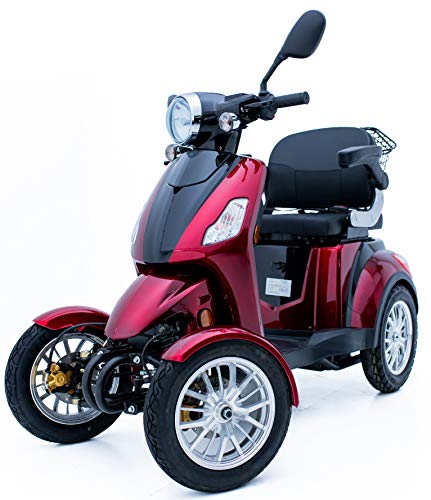What Is Personal Transportation?
Private transportation is the use of or private vehicles for transportation. This includes bicycles, cars, scooters unicycles, and other micromobility devices. It could also refer to the use of public transportation systems.
Private transport can help you save time and help you get to your destination faster. Furthermore, private transport is more comfortable and provides privacy that's not offered on public transport.
Cost
Many families are faced with the cost of personal transport is a major expense. It can make it difficult for them to save money or invest in other aspects of their lives. Fuel can be a costly expense. There are methods to reduce your expenses for transportation.
Despite these advantages However, there are some who prefer private transport to commute. They believe that it is the most convenient and comfortable method of getting around. Some people choose to travel with their chauffeur. The cost of this type of transportation is typically higher than public transportation, however it can offer greater peace of mind and security.
As EVs benefit from advances in battery technology, charging infrastructure, and other areas the future of personal transport is likely to be electric. Additionally, EVs will have lower emissions than conventional vehicles and are more accessible. This will enable many people to switch from gasoline vehicles to electric ones, which will help reduce GHG emissions as well as traffic congestion.
Public transport offers many advantages and can be an excellent alternative to private transport. When compared to private cars, mass transit is cheaper and more sustainable. It is also easy to use and comes with cameras to ensure passengers safety. Additionally, it can help users avoid paying maintenance and parking fees. The biggest drawback of public transport is that it can be slow and unpredictably. It can also be difficult to travel with children or elderly people. This can cause delays and result in a missed medical appointment.
Time
The time required to complete a personal transport task can be a significant influence on people's lives. For example, commuting to work can take too much time for those with busy schedules. People can reduce the time they spend commuting by taking a carpool or working from home, or residing closer to their jobs. They can also cut down on time by walking or riding a bike instead of driving.
The development of new technologies could transform the field of personal transportation. This includes electric vehicles that have solid-state batteries that permit longer ranges and faster charging times. These technologies can also increase the safety of drivers and reduce congestion by optimizing traffic management. Another important improvement is autonomous vehicles that offer more convenient and enjoyable journey. They can even help individuals keep in shape by keeping them active.
You can also find more about privacy.
Privacy is an essential element of personal transportation. People who value their privacy often prefer to travel in private vehicles rather than using public transport such as trains or buses, which share space with strangers. Furthermore public transportation is frequently perceived as less safe than private transportation, which can affect the safety of passengers. This is especially true for elderly people who are more susceptible to security concerns.
The lack of privacy can be a major problem for travelers with children. Sharing the same space as other passengers can be a stressful experience for children and can result in behavioral issues like aggression and hyperactivity. As a result, parents are increasingly opting to use private transport to protect their children's privacy. This can also reduce the stress of travelling with children, and the amount of time spent commuting. This will help you save money on childcare costs.
Convenience
Using personal transport is a vital aspect of life, however the choice you make can have an impact on your health and well-being. It is crucial to think about the pros and cons of each choice before deciding which method of travel best suits your requirements.
Some people prefer public transportation due to the fact that it is less expensive and requires less maintenance than private transportation. Furthermore it has a lower environmental impact, as it doesn't emit as much carbon dioxide per person. It also reduces the expense of fuel and parking, while providing greater convenience and flexibility in your daily commute.
Public transport can be unreliable and comes with a number of dangers. In some instances you may be exposed to crime or be unable to get to your destination on time due to weather or mechanical issues. Many bus and train routes can be jammed and make it difficult to unwind and move around.
Private transportation, however, is a great choice to travel around in comfort and with security. It's usually more efficient than public transportation and you can avoid crowds when you travel in a private vehicle. It is also more convenient than driving a car, as it lets you pick your own route and stop.
Despite these advantages, many people still prefer to use their car as their primary mode of transportation. This can be because they are more comfortable, or simply because they have a higher price of resale. In the near future we can anticipate an important change in personal transportation, as electric vehicles (EVs) become more affordable and easy to charge.

Researchers from MIT conducted an investigation to discover what factors influence peoples' modal choices. The researchers found that safety is important but it's not the most significant influence on the modal choice. In fact, the most important factors are speed, availability and cost. This is consistent with previous studies of the various modes of transportation, and is likely to persist in the foreseeable future. In this hyperlink , a battery technology that uses solid state batteries could enhance the efficiency of EVs, allowing them to travel farther distances using the same amount power.
